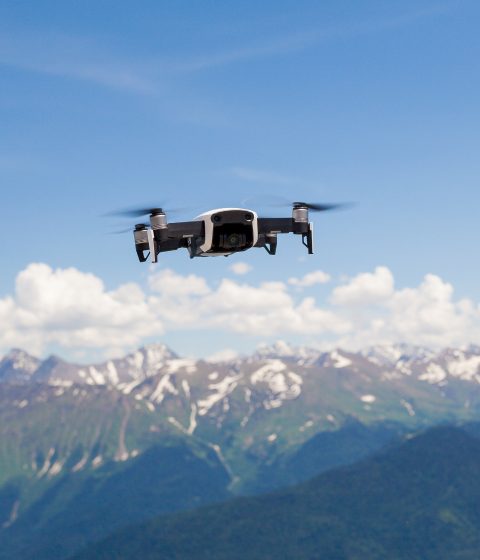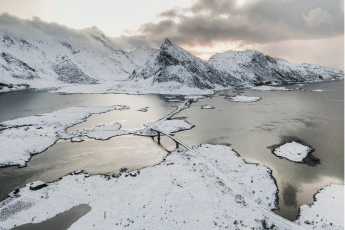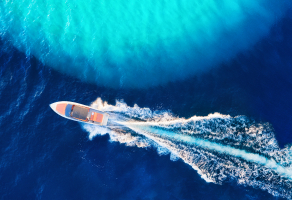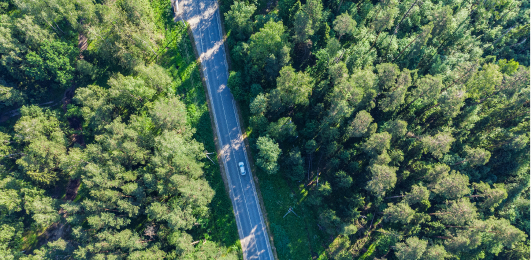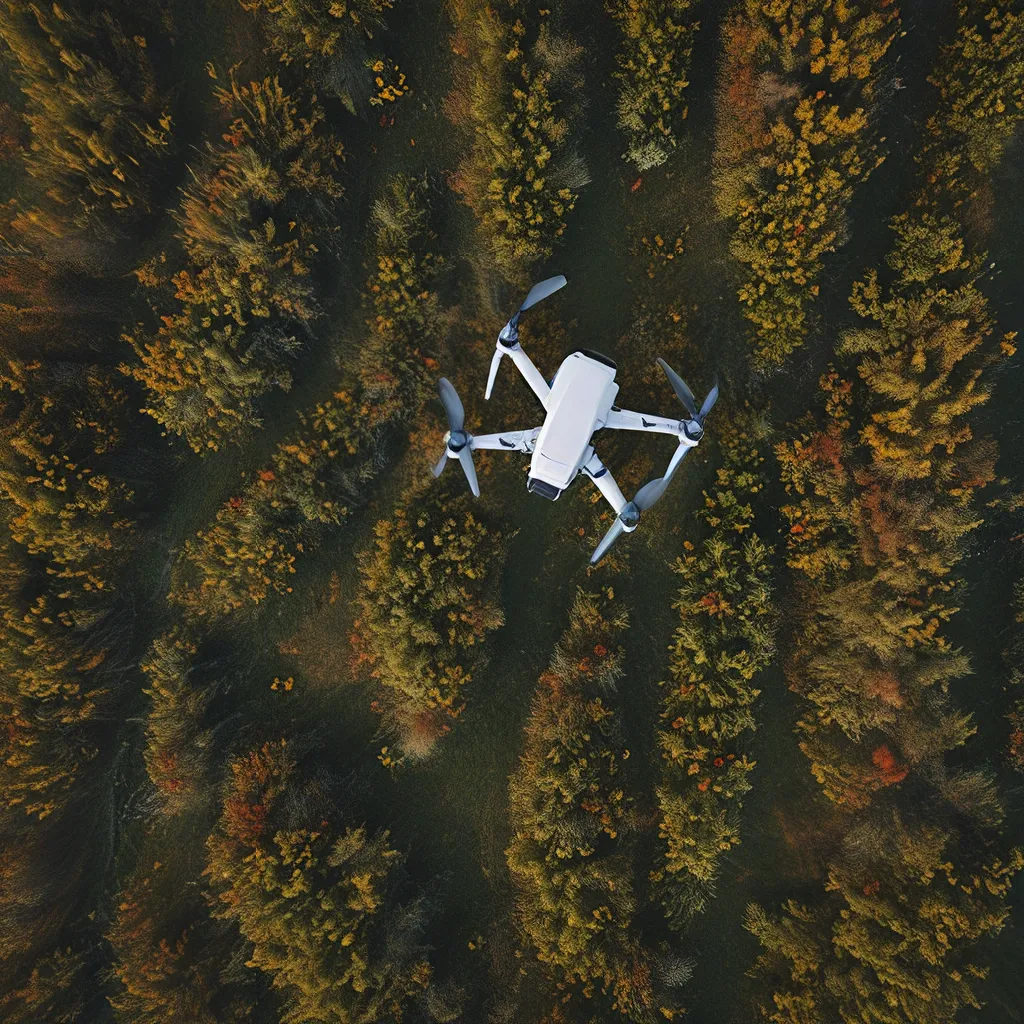
Alright, fellow drone enthusiasts, get ready to soar to new creative heights! Today, I’m going to share my hard-earned wisdom on capturing breathtaking aerial footage that will leave your viewers in awe. As a seasoned drone videographer, I’ve learned a thing or two about unlocking the secrets of cinematic drone shots, and I’m here to pass on those lessons to you.
Mastering the Art of Drone Cinematography
Let’s start with the basics – the essential drone movements that can transform your footage from ho-hum to jaw-dropping. These eight techniques are the building blocks of cinematic drone videography, and once you’ve got them down, the sky’s the limit (pun intended).
1. The Push-In and Pull-Out
The push-in is all about creating a sense of scale and drama. Start wide, then gradually fly your drone closer to your subject, drawing the viewer into the scene. Conversely, the pull-out shot does the opposite – you begin up close and then slowly drift away, revealing the broader context. These simple yet powerful moves can set the stage for your story, whether you’re filming a sweeping landscape or a solitary figure.
2. Tracking Shots: Follow, Lead, and Side
Tracking shots add a sense of motion and energy to your footage. The follow track keeps your subject in the center of the frame as you fly behind them, while the lead track has you leading the way, with your subject following in the distance. The side track, on the other hand, keeps your subject in profile as you fly alongside them. Each variation offers a unique perspective, so mix and match to keep your viewers on their toes.
3. The Aerial Pan and Parallax
The aerial pan is a classic – simply rotate your drone left or right to create a smooth, sweeping shot. And for something truly mesmerizing, try the parallax effect: orbit around your subject while keeping them centered, creating the illusion of depth and scale as the background appears to move past them.
4. Pedestal and Reveal Shots
Pedestal shots are all about the ascent (or descent) – fly straight up or down, keeping your camera fixed on the subject to establish a sense of place. The reveal shot is a personal favorite, where you start low and then tilt or rise up to unveil the scene before you. It’s a great way to build anticipation and surprise your audience.
5. The Top-Down Perspective
Top-down shots offer a unique bird’s-eye view, allowing you to capture your subject from above. Whether you’re following, rotating, or pulling back, this perspective can add a touch of drama and intrigue to your footage.
6. The Flyover
Finally, the flyover shot is perfect for establishing a wider context. Start further back and higher up, then swoop in towards your subject, tilting the camera down to keep them centered. It’s a great way to showcase the scale and grandeur of your location.
Unlocking the Technical Secrets
Now that you’ve got the foundational drone movements under your belt, let’s talk about the technical side of things. Because let’s be real – no matter how creative your shots, if the technical execution is off, your footage is going to fall flat.
First and foremost, master your camera settings. Experiment with frame rates, shutter speeds, ISO, and aperture to achieve the perfect balance of exposure, motion blur, and depth of field. And don’t forget about those ND filters – they’re a lifesaver for controlling brightness on those sunny days.
Secondly, focus on smooth, deliberate movements**. Abrupt changes in speed or direction can be jarring and ruin the cinematic flow. Practice your flying skills to achieve those slow, graceful motions that will captivate your audience.
And finally, don’t forget the power of post-production. Color grading, stabilization, and other editing techniques can take your footage to the next level. Experiment with LUTs, presets, and other tools to develop your own unique visual style.
Applying Drone Videography to Documentary Filmmaking
Now, I know what you’re thinking – “This is all well and good, but how do I apply these techniques to documentary filmmaking?” Well, my friends, let me tell you, drone videography can be a game-changer for documentarians.
Think about it – the ability to capture sweeping aerial shots, follow your subjects from a unique perspective, and reveal your location in a truly cinematic way can add depth, scale, and visual interest to even the most grounded of stories. And with the right drone, you can achieve all of this without sacrificing image quality or portability.
Coulson Drones, for example, offers a range of drones that are perfect for documentary filmmaking. The DJI Mavic series, with its Hasselblad camera and 1-inch CMOS sensor, delivers stunning 4K footage that will elevate your visuals. And the compact DJI Mini-series is ideal for capturing footage in remote or hard-to-reach locations, making it a versatile choice for the adventurous documentarian.
But it’s not just about the gear – it’s about understanding how to use it. That’s where the Documentary Film Academy comes in. Led by award-winning filmmaker Sebastian, this online community and educational platform is dedicated to empowering the next generation of documentary filmmakers. Through comprehensive courses and masterclasses, you’ll learn how to tell captivating stories, create relatable characters, and navigate the ethical challenges that come with the territory.
So, whether you’re a seasoned documentarian or just starting out, don’t underestimate the power of drone videography. With the right techniques and the right equipment, you can elevate your footage to new heights and create documentaries that truly soar.
Embracing the Art of Drone Videography
Alright, drone enthusiasts, you’ve made it this far, which means you’re ready to take your aerial videography to the next level. Remember, mastering the art of drone cinematography is all about combining technical skills with creative vision. Experiment with those essential movements, dial in your camera settings, and let your post-production prowess shine.
And don’t forget, the possibilities are endless when it comes to incorporating drone footage into your documentaries. With the right gear and the right know-how, you can transport your viewers to new and breathtaking perspectives, elevating your storytelling to new heights.
So, what are you waiting for? Get out there, push the boundaries of what’s possible, and let your drone footage take your films to soaring new levels of cinematic perfection. The sky’s the limit, my friends!
